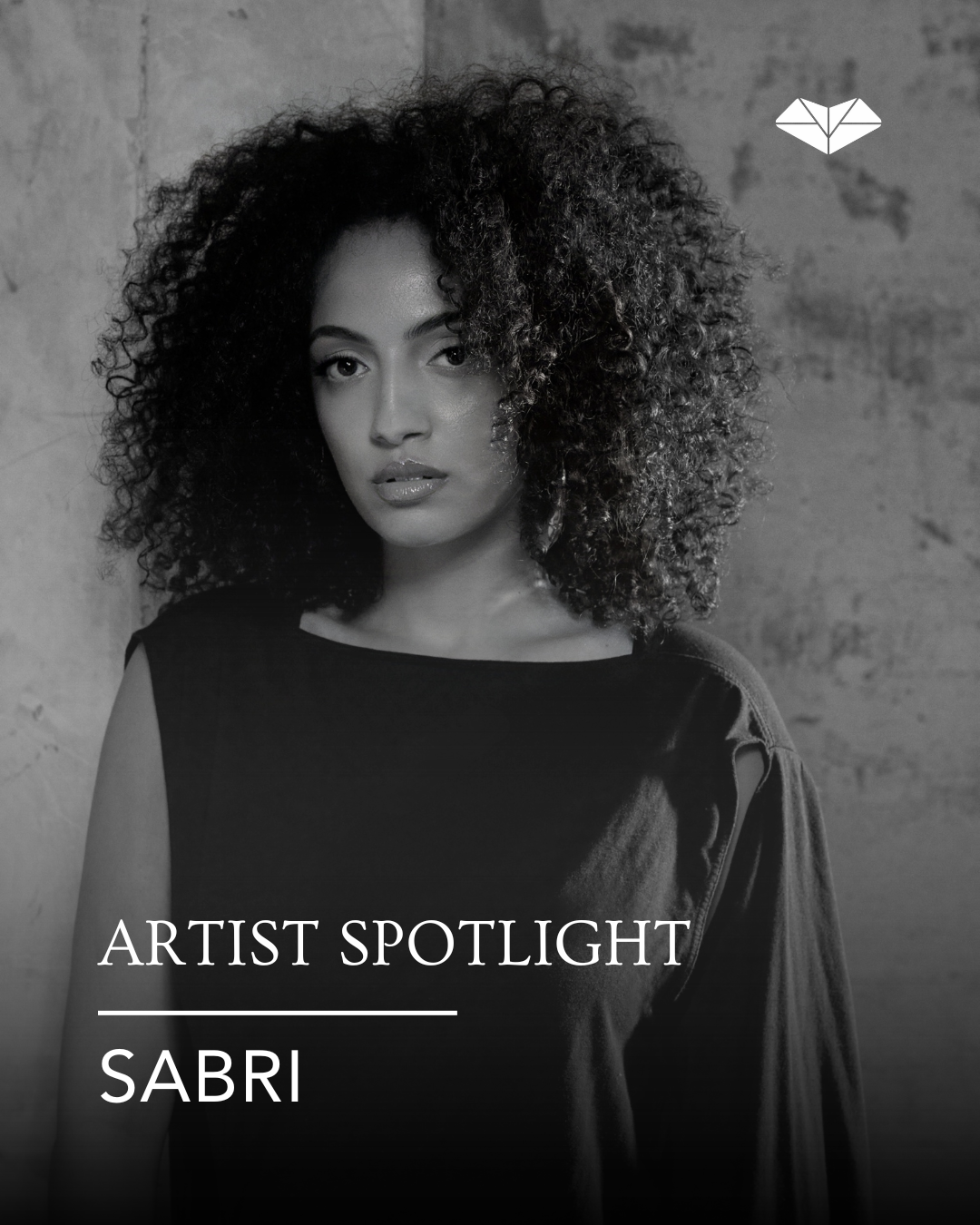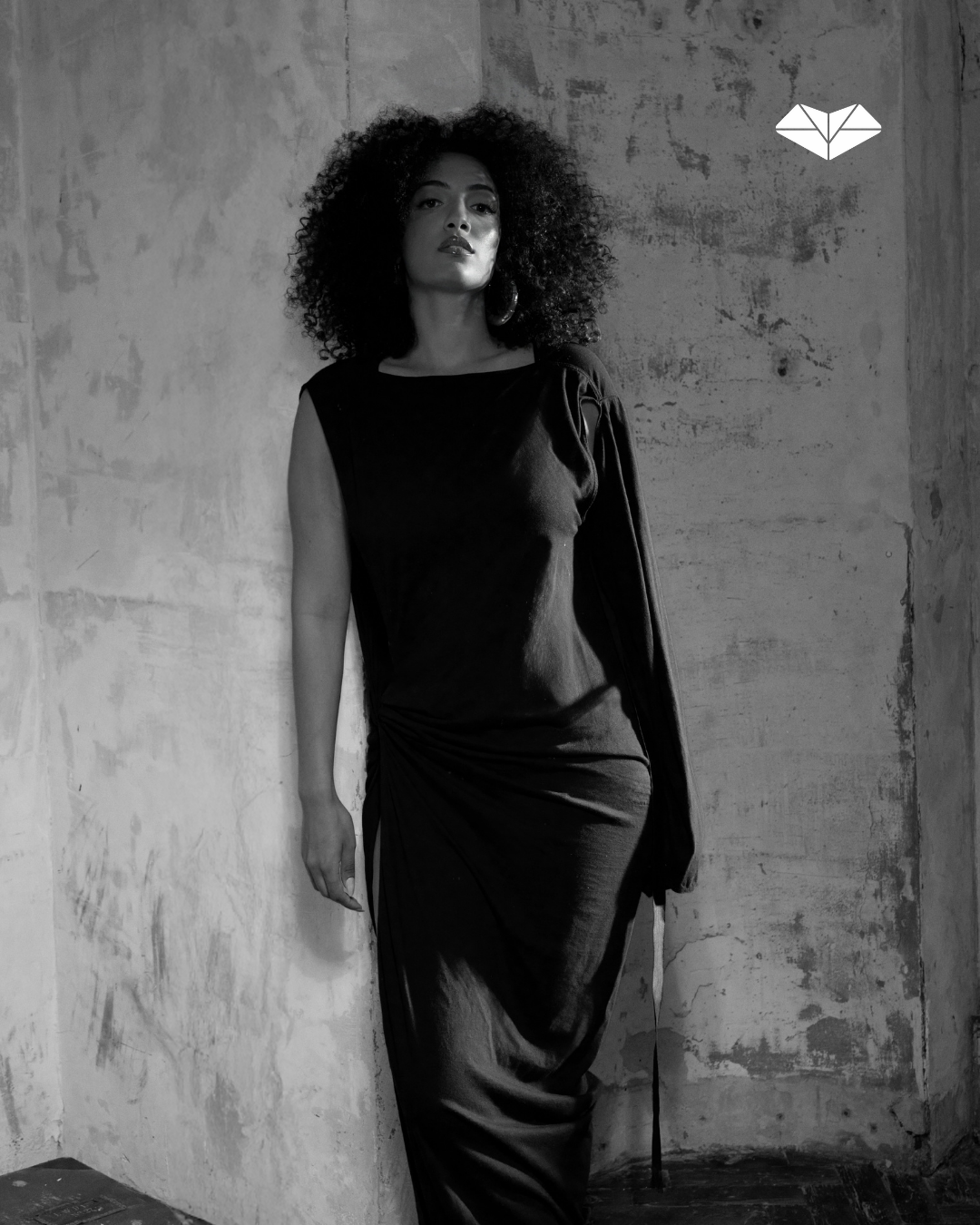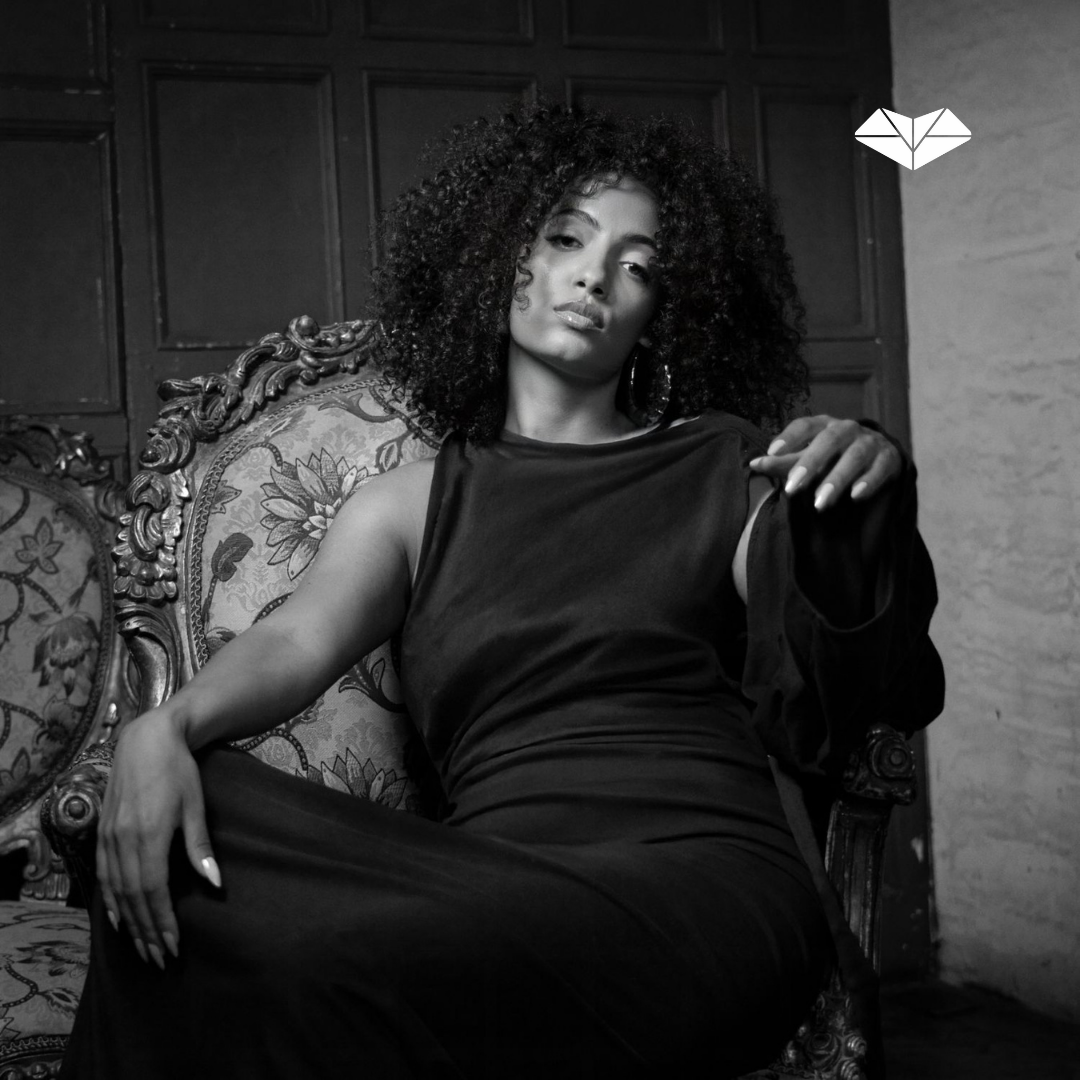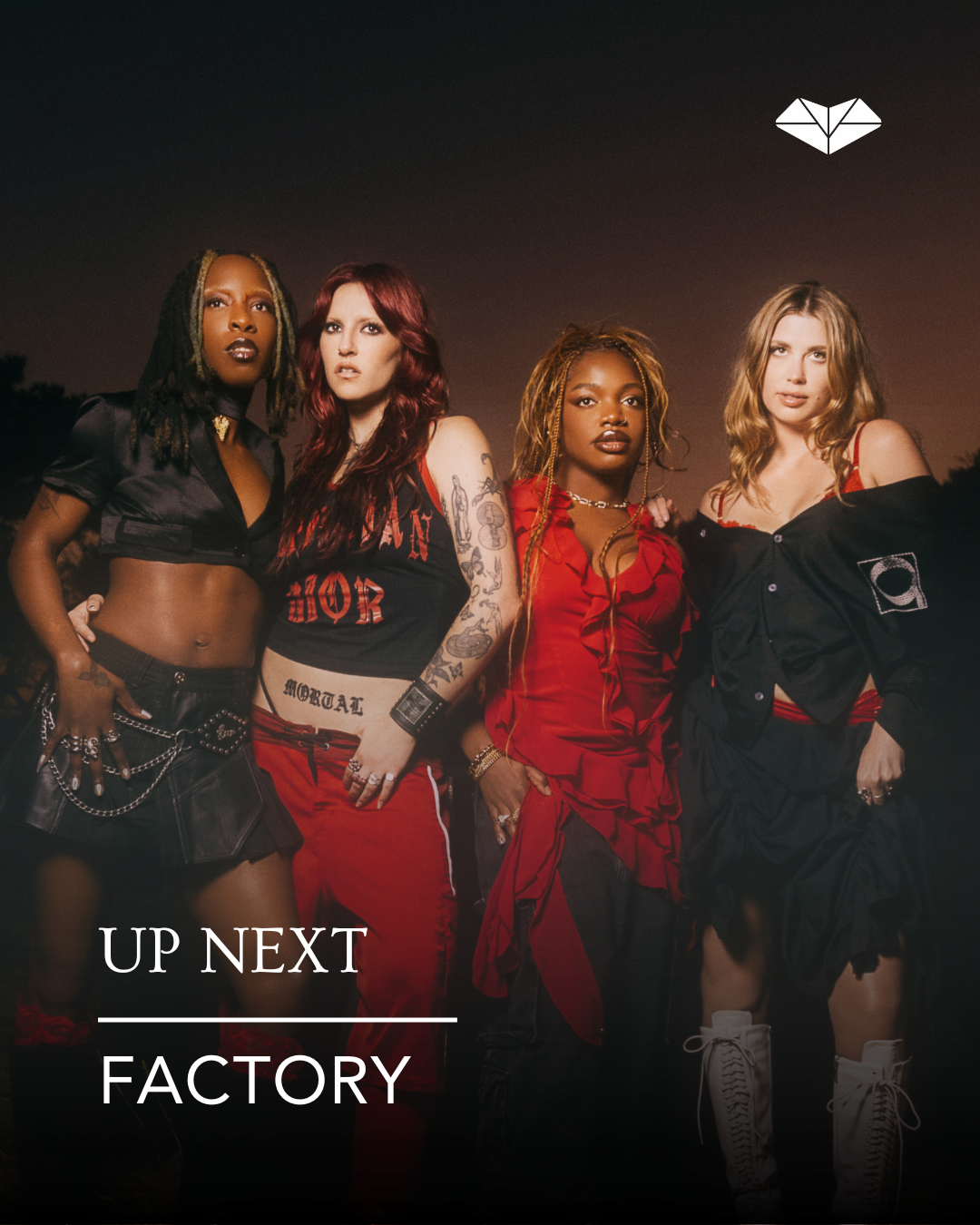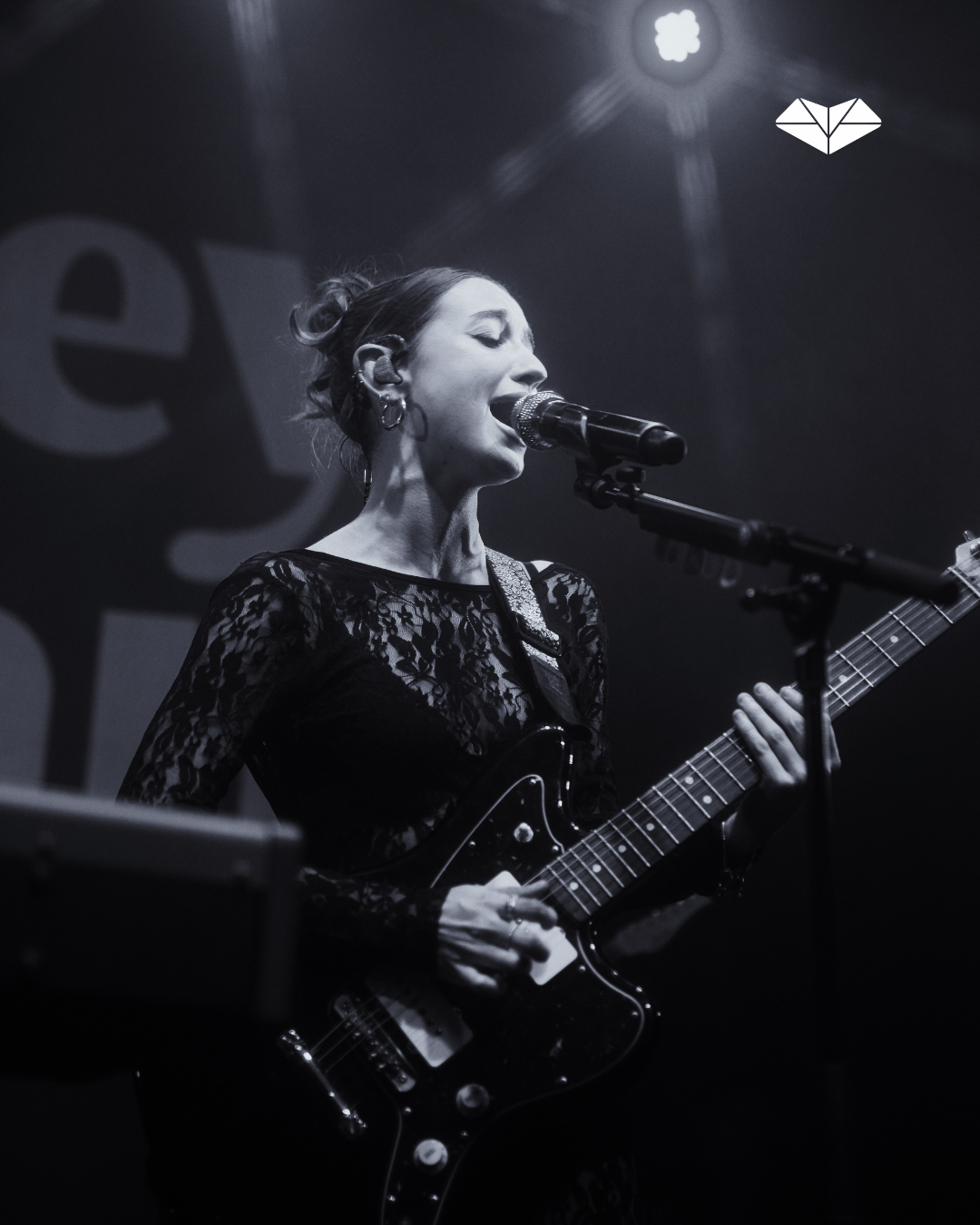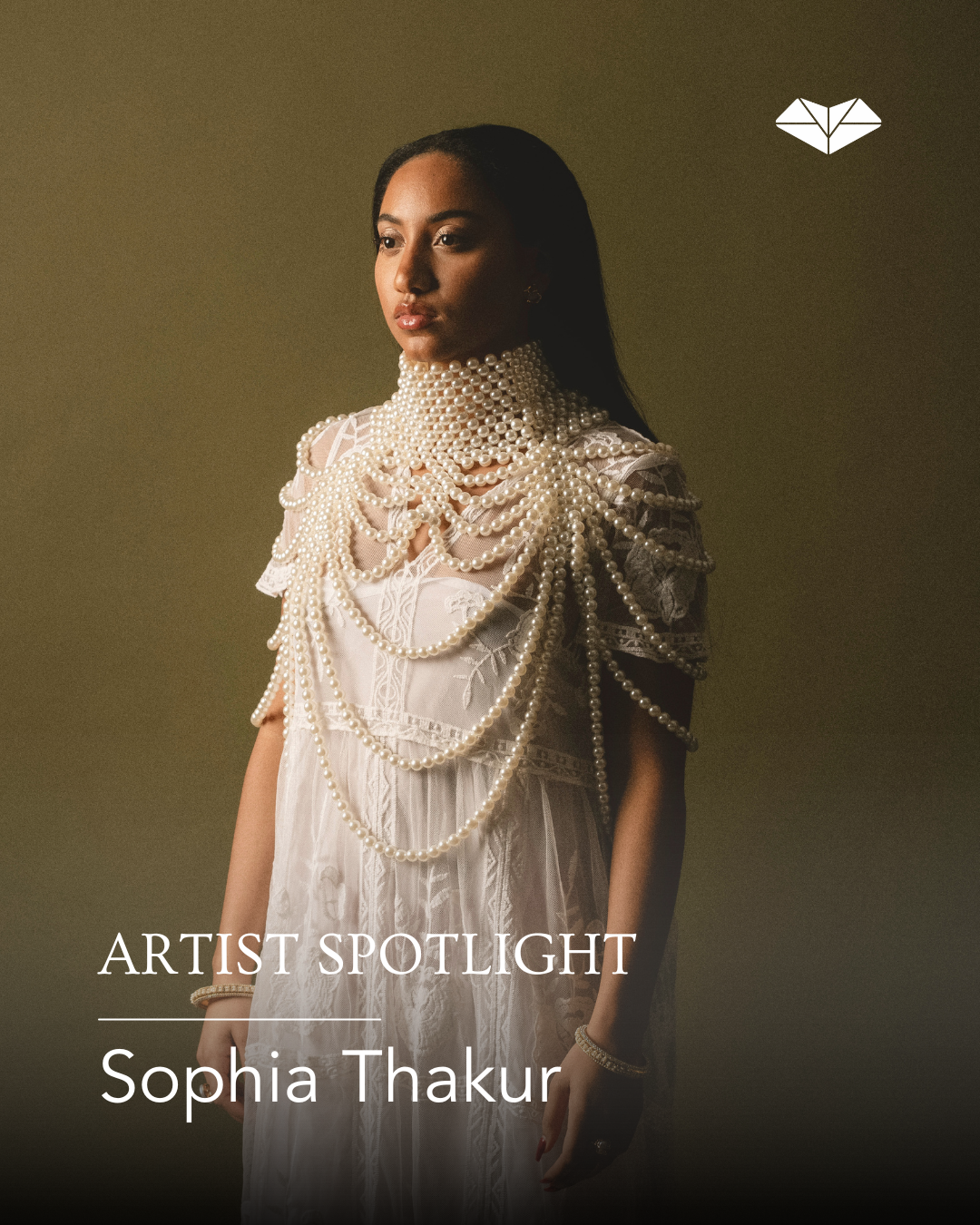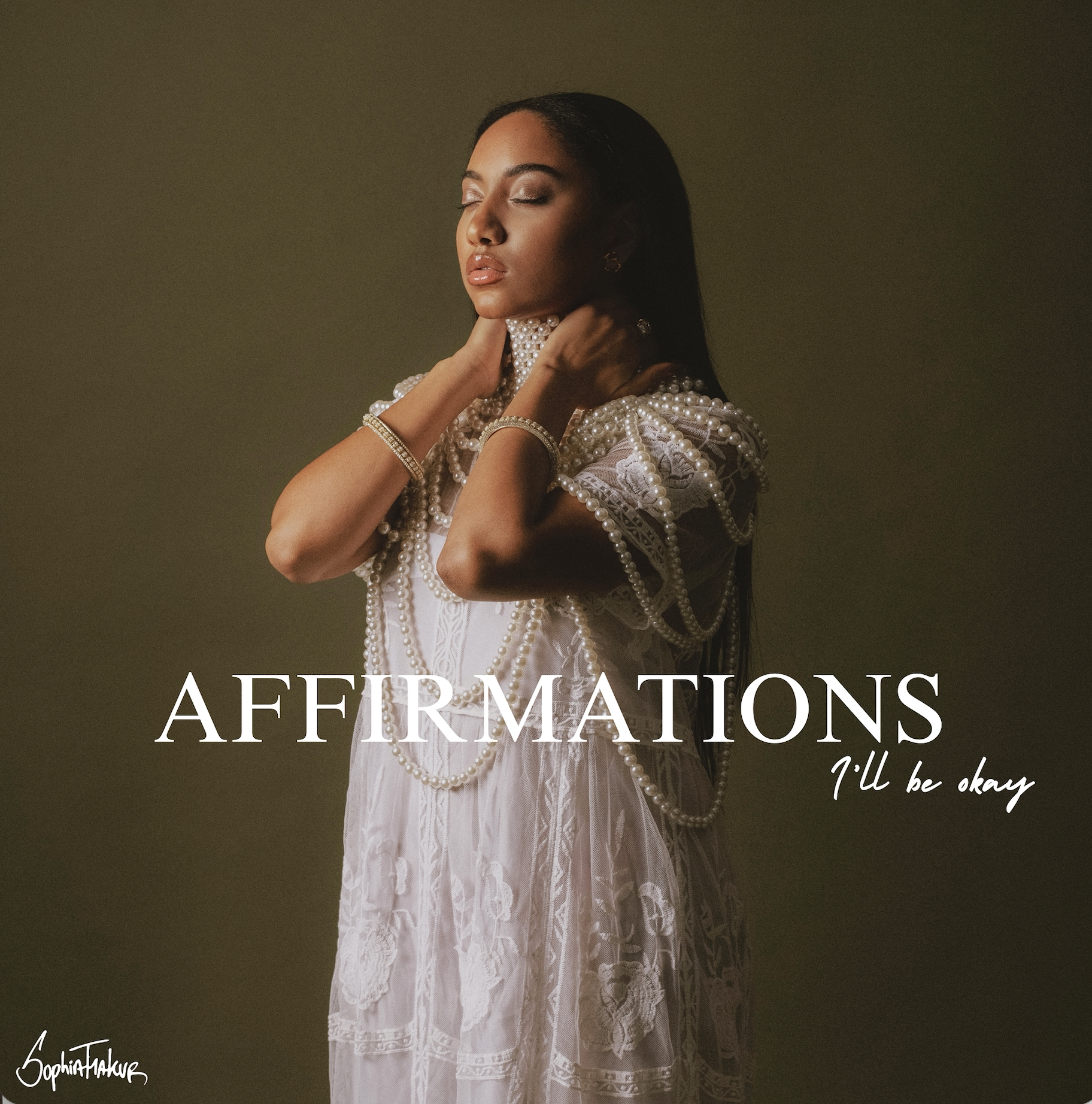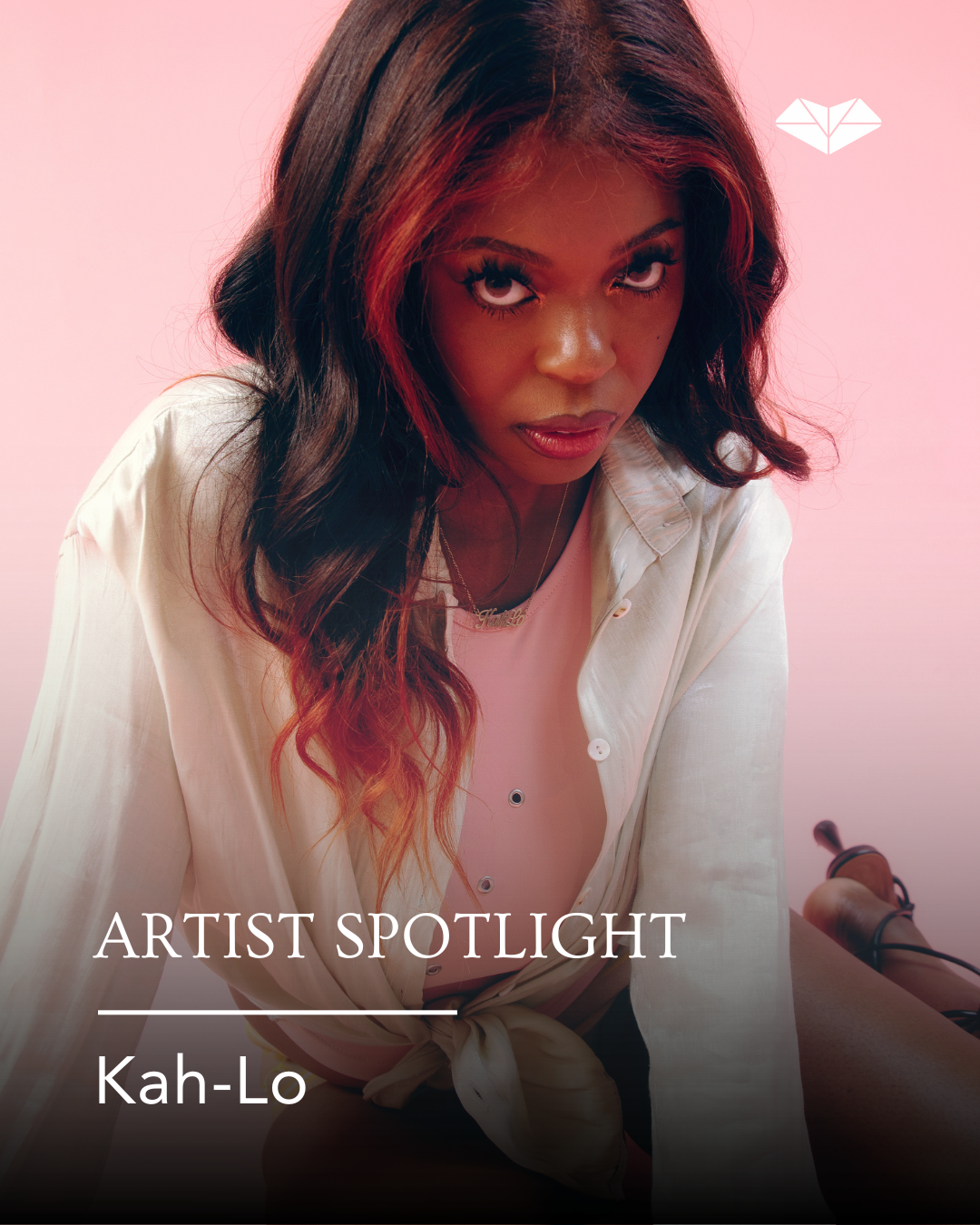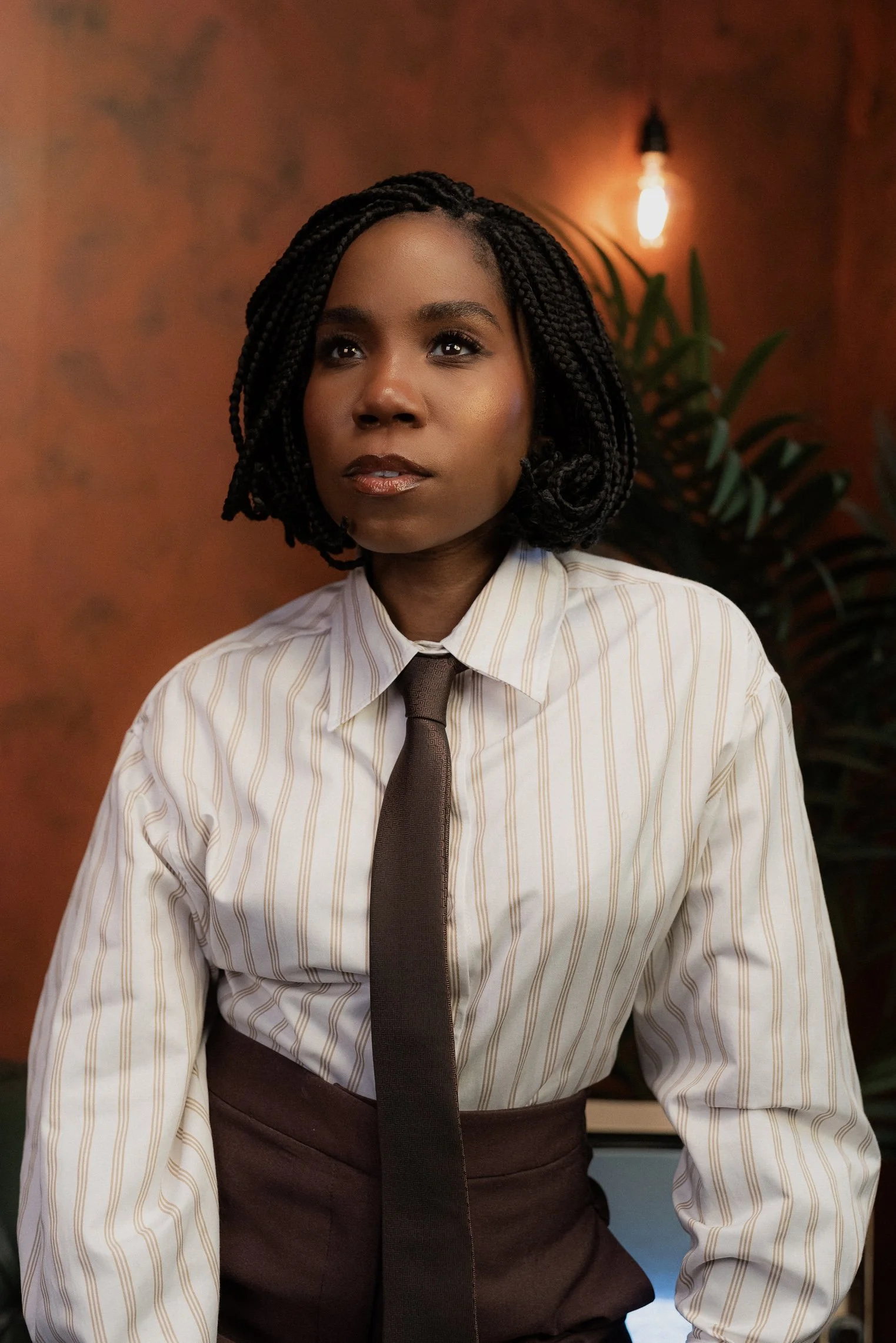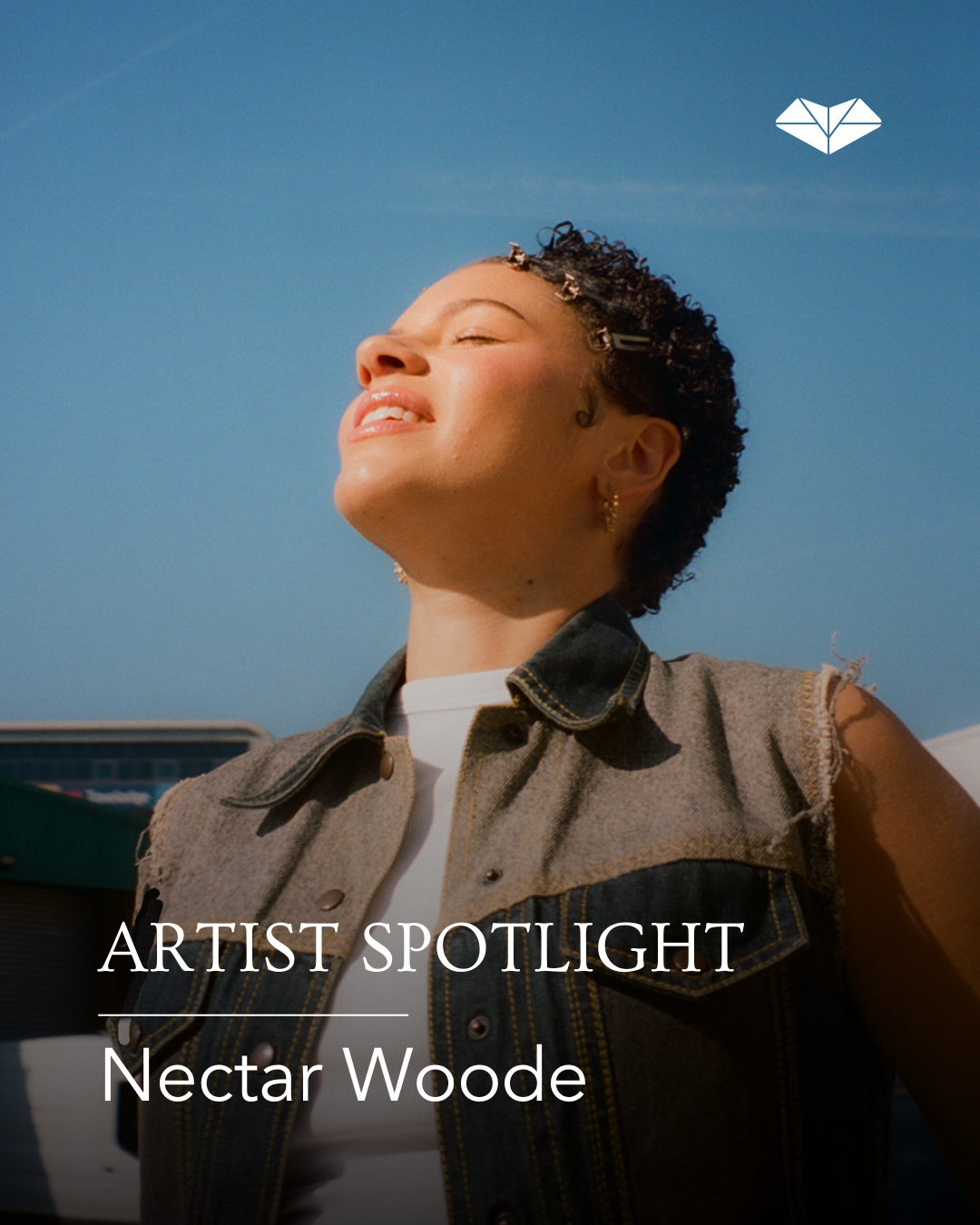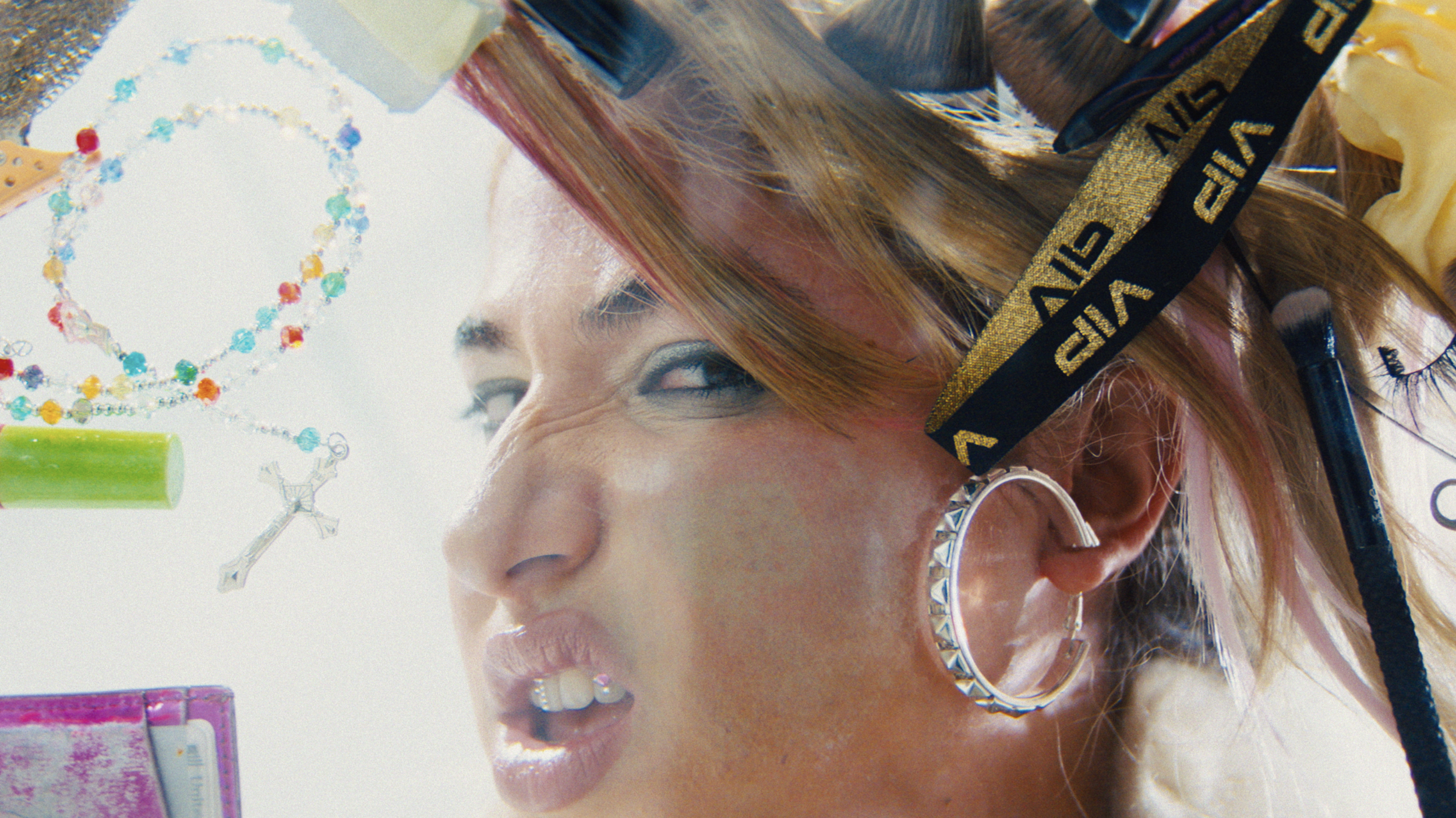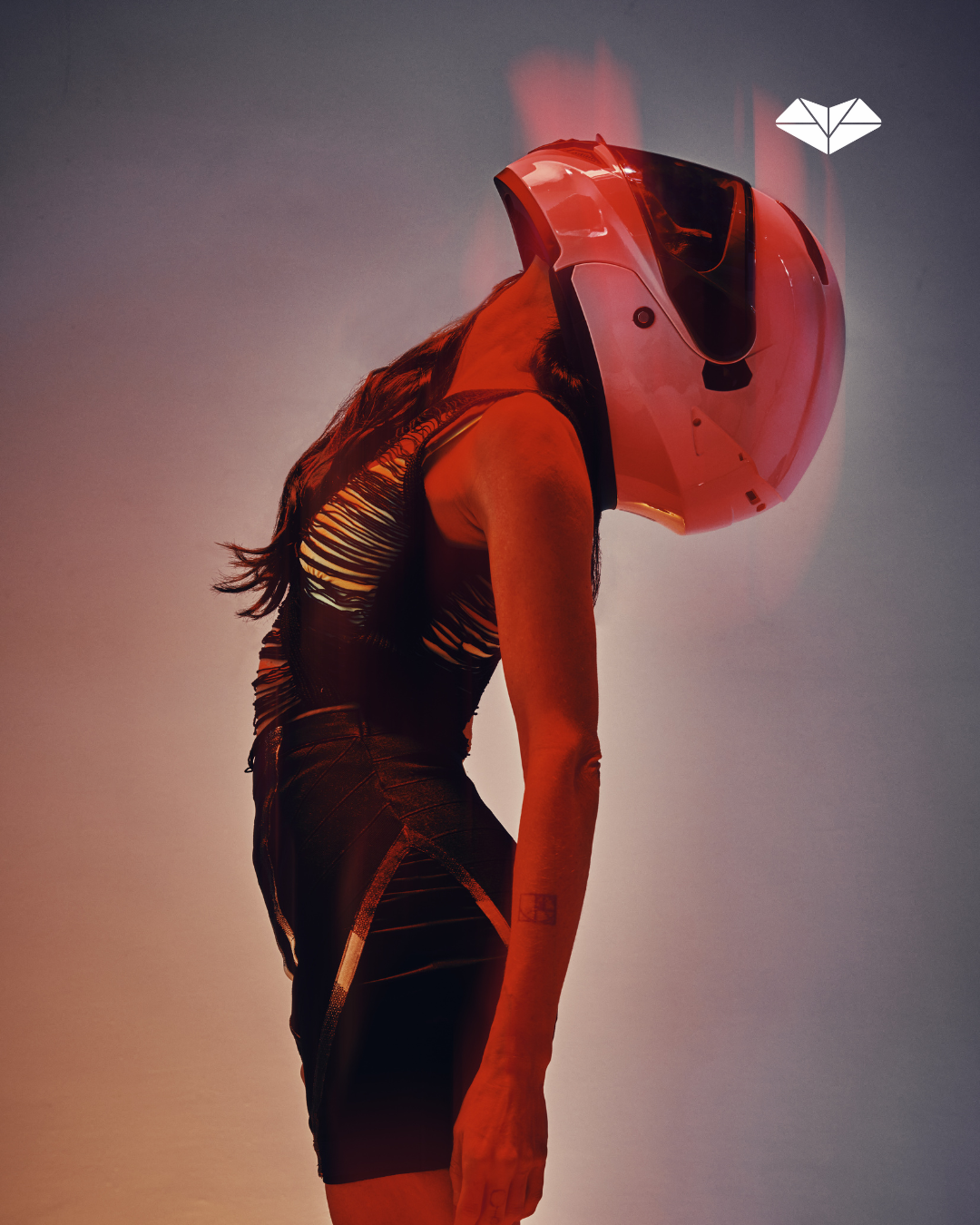Amsterdam-raised singer-songwriter SABRI grew up in a Moroccan-Algerian household where R&B, soul and hip-hop shaped her earliest musical language. Influenced from a young age by artists such as Lauryn Hill, Aaliyah and Mary J. Blige, she began writing songs as a way of understanding her emotions and building a voice of her own, one that now moves fluently between vulnerability, strength and introspection.
Over the past few years she has explored a broad palette of sounds across collaborations with Full Crate, Yung Bleu and Olamide, while steadily developing a songwriting style rooted in honesty and emotional clarity.
Following her debut EP Actually, I Can and a widely-received COLORS performance of Sold Myself For Love earlier this year, SABRI continues to deepen that narrative with What I Feel Now, a project centred on presence, self-awareness andthe complexity of relationships.
What is the story behind What I Feel Now?
‘What I Feel Now’ is really about owning your emotions and being fully present. The EP is rooted in honesty, feminine strength and clarity. It’s not about over-explaining or justifying anything but it’s about feeling something, naming it and letting it move through the music and lyrics. Each track explores a different part of that journey, from desire and release to anger, clarity and self-worth. It’s me being unapologetically me, in real-time.
Your COLORS performance of Sold Myself For Love placed the song in a stripped-back, highly visible context. How was that experience?
Performing on COLORS was intense in the best way. There’s no room to hide — it’s just you and the song. I loved how raw and exposed it felt because it forced me to really focus on the emotion behind the lyrics. It reminded me why I make music in the first place: to feel and to connect.
For artists trying to build sustainable careers, what is one misconception about growth or visibility you had to unlearn yourself?
I used to think that growth meant constant numbers, constant attention. But I realized real growth happens quietly. Learning your craft, figuring out the business side, protecting your energy. You can’t just show up and hope for it; you have to build it from the inside out.
Networking is often discussed in abstract terms. In practical terms, what has actually helped you build meaningful professional relationships?
For me it’s all about being real and showing up consistently. The best connections happen naturally. In the studio, at shows or even just in conversations. Not from forced “networking moments.” Listening, following through and genuinely caring about people goes way further than trying to impress them.
What part of the music-making process do you find most essential to protect, and which part challenges you the most?
I protect the writing stage the most. That’s where the song’s heart is. The part that challenges me is the business side: timing releases, strategizing, making decisions about what to put out. It’s tricky to stay true to the emotion while juggling all the practical stuff.
When you feel stuck creatively, what do you do first to move forward in a practical way, like changing your environment, switching tasks, voice notes, rewriting, or stepping away?
I usually try to change my environment. Going outside, cooking, walking around. Sometimes I record rough voice notes or switch to a different task. And if nothing works, I step away completely. Giving myself space almost always brings new ideas.
What is one decision you made behind the scenes that had a bigger impact on your career than any release or performance?
Back in 2019, I decided to take control of my music and share it on my own terms. I stopped waiting for someone else to validate me or guide me and started putting out music independently that felt true to me. That approach gave me a lot of confidence and clarity, and it eventually led to getting signed in 2024.
What are you listening to right now?
Recently, I’ve been listening a lot to rock classics like songs from Led Zeppelin and The Cranberries and also a lot of blues. More modern artists I listen to on a daily basis are BLK ODYSSY and Leon Thomas.

